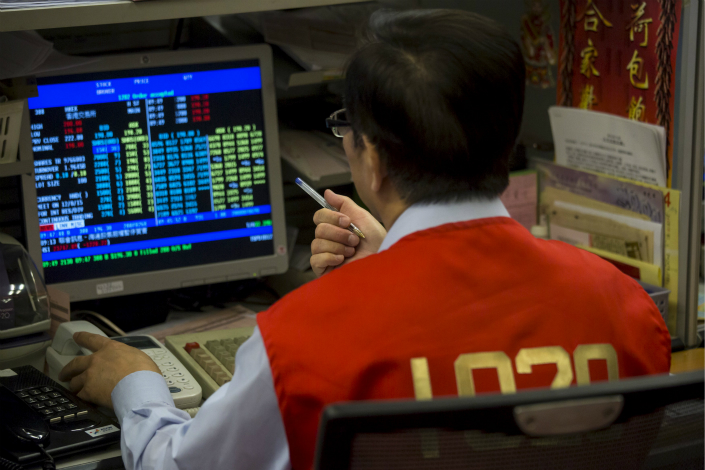Hong Kong Wrestles Over Dual-Class Stocks

In Hong Kong, the debate about a proposed listing venue for startups and so-called new-economy companies hasn’t abated.
The Hong Kong Stock Exchange in late June put forward a proposal to set up a third board, formally known as the New Board, to cater to companies that are too young or not profitable enough to float their shares on the city’s two other, bigger boards.
One of the main points of contention is that the bourse proposed allowing companies with two classes of stock to list on the New Board. Companies with this “dual class stock” ownership structure gives a bigger weight to the votes of a small group of shareholders — usually founders and senior managers – and less weight to votes of other shareholders.
Alibaba Group Holding Ltd., which has a dual class stock structure, was denied listing on the Hong Kong Stock Exchange back in 2014. The internet giant then went to float its shares on the U.S.
By holding “higher-class” stocks, the shareholders have disproportionately more power in their votes. Supporters of this proposal believe senior executives and company founders could better align corporate decisions with long-term interests. Opponents, however, feel that the “lower-class” shareholders, while providing the majority of capital the company needs, do not have the voting power they should have.
Voting power is a major tool for fund managers, and the more economic benefits an investment can bring about, the more voting rights there should be, said Sally Wong, CEO of the Hong Kong Funds Association.
She said that if executives make any decisions that may undermine the interests of minority shareholders, such as connected transactions, “lower-class” shareholders can hardly do anything other than selling their shares.
Some market representatives of listed companies, however, believe such a plan can help Hong Kong remain a competitive capital-raising market.
The Hong Kong stock market would certainly be marginalized if “dual class stock” cannot be accepted, losing capital-hungry technology companies that would have driven the local economy, said Francis Leung, chairman of the Chamber of Hong Kong Listed Companies.
“The Hong Kong stock market should seek breakthroughs while making innovations,” Leung said.
While generally in favor of adopting the “dual class stock” for the New Board, Asia Securities Industry & Financial Markets Association said in a statement that some form of additional and appropriate safeguards as well as heightened scrutiny of connected transactions should be in place to mitigate the risk of abuse.
The regional trade association said the Hong Kong Stock Exchange may also consider requiring more-stringent and frequent financial disclosures.
Well-known Chinese companies issuing shares with “dual class stock” includes the e-commerce giants Alibaba and JD.com Inc., which are now traded publicly in New York Stock Exchange and the Nasdaq Stock Market respectively.
Contact reporter Dong Tongjian (tongjiandong@caixin.com)

- 1In Depth: China’s Sweeping Banking Law Rewrite Targets Hidden Risks
- 2China Business Uncovered Podcast: A $15 Billion Bitcoin Seizure and the Fall of a Cybercrime Kingpin
- 3Cover Story: How China’s Growing Gig Economy Has Left a Generation Adrift
- 4In Depth: Inside the U.K.’s China-Linked Shell Company Factory
- 5Over Half of China’s Provinces Cut Revenue Targets
- 1Power To The People: Pintec Serves A Booming Consumer Class
- 2Largest hotel group in Europe accepts UnionPay
- 3UnionPay mobile QuickPass debuts in Hong Kong
- 4UnionPay International launches premium catering privilege U Dining Collection
- 5UnionPay International’s U Plan has covered over 1600 stores overseas





